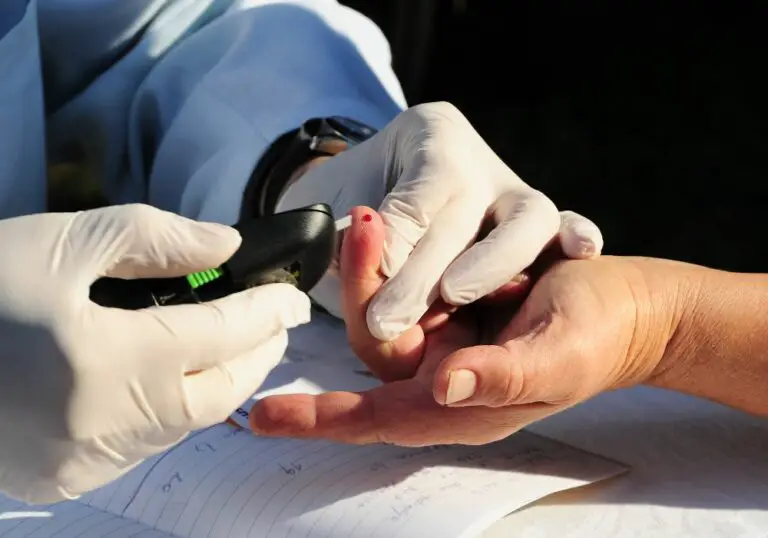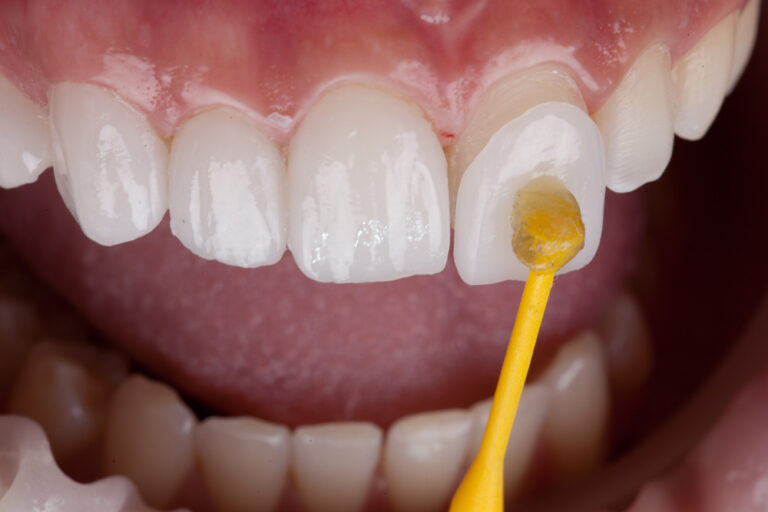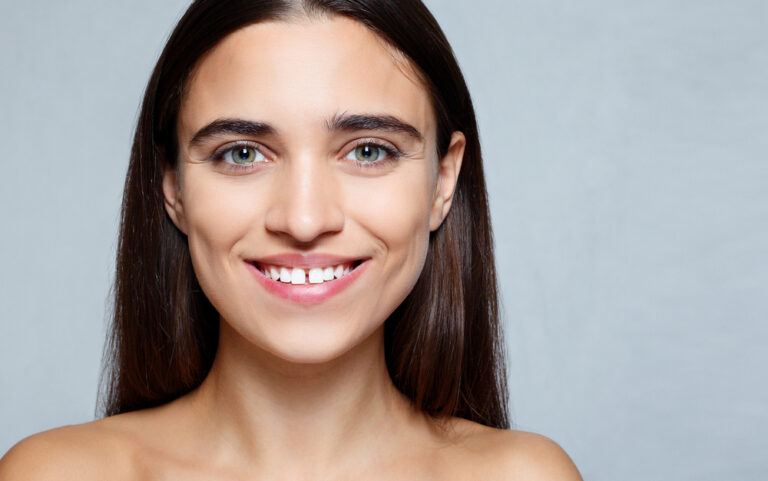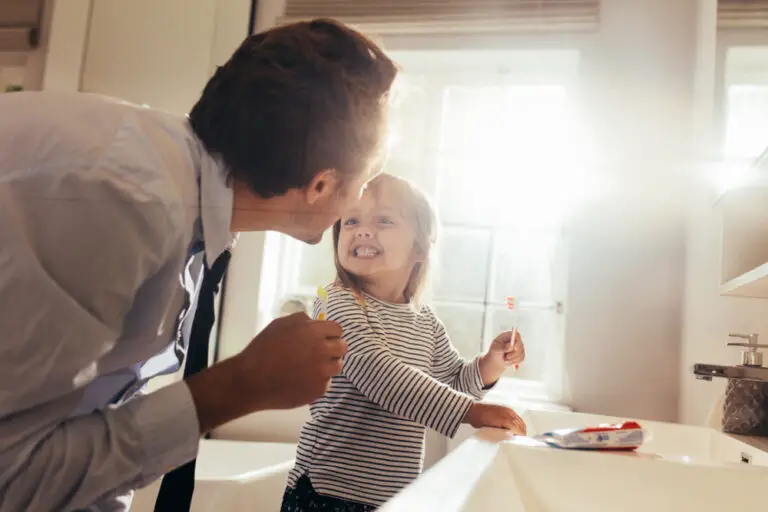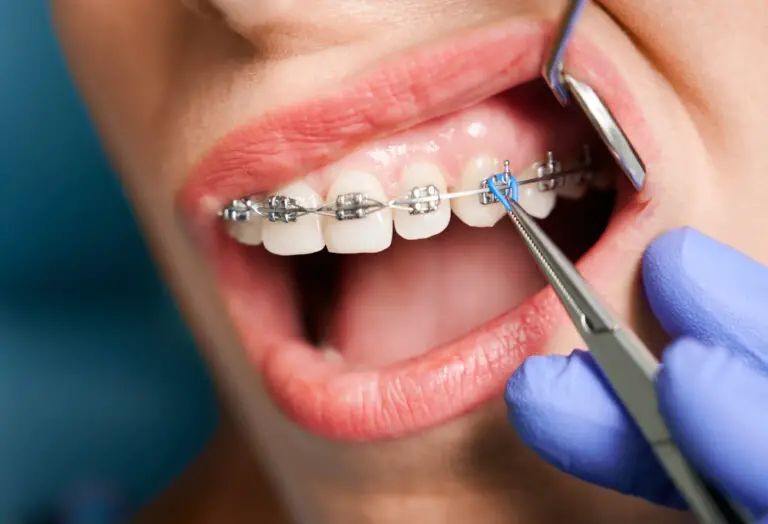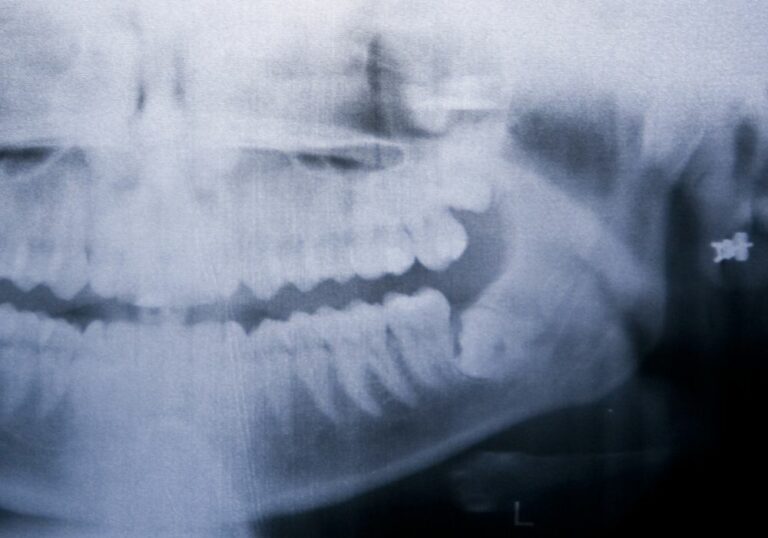It’s a common experience for many people to feel an odd or “weird” sensation in their lips after brushing their teeth. You may notice your lips feeling tingly, numb, or like they are buzzing or swollen. This strange lip feeling can be surprising if you’ve never had it happen before.
Although it may be alarming, there are some simple and harmless reasons why your lips can feel funny after you brush your teeth. Understanding what causes it and how to prevent it can give you peace of mind.
What Causes That Tingling, Numb Feeling After Brushing?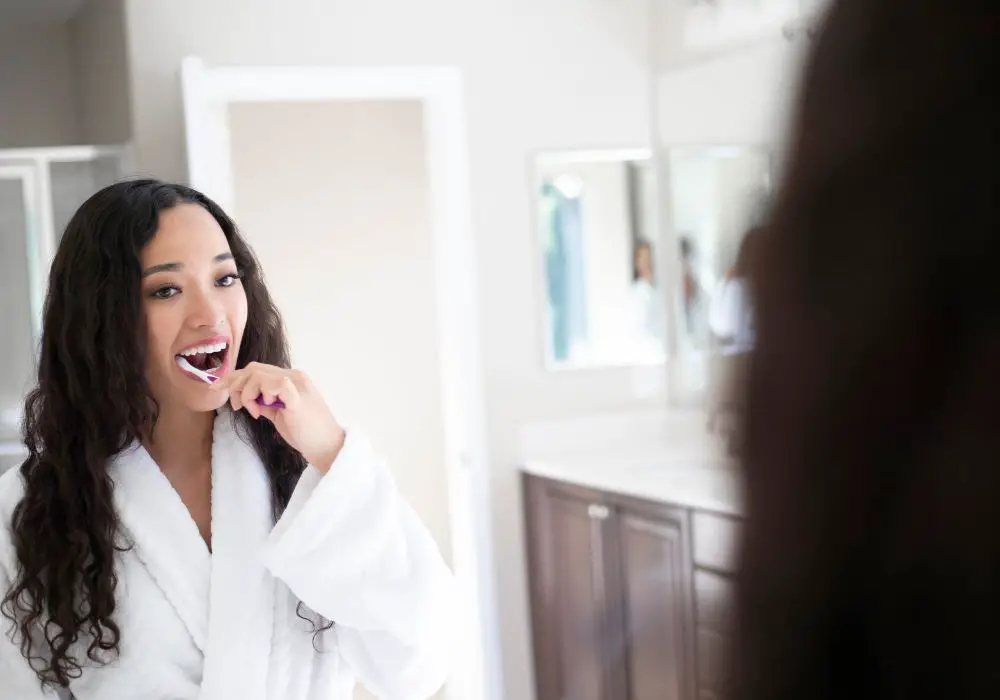
There are a few primary culprits that lead to lip numbness or weird sensations after brushing your teeth:
1. Menthol in Toothpaste
One of the most popular ingredients added to toothpaste is menthol. Menthol provides that cooling, minty flavor that makes your mouth feel clean and fresh. It also has antibacterial and anti-inflammatory properties that are beneficial for oral health.
However, menthol is technically a mild irritant and sensitizer. When menthol in toothpaste comes into direct contact with the sensitive thin skin of your lips, it can cause a temporary numbing, tingling sensation.
This is because menthol activates cold-sensitive nerve endings in the lips in the same way that mint or peppermint would. For most people, this menthol-induced irritation is very minor and harmless. But if it bothers you, try switching to a toothpaste without menthol.
2. Sodium Lauryl Sulfate (SLS)
SLS is a common foaming agent added to many toiletries like toothpaste. It’s what creates that desirable sudsy lather when you brush your teeth. The frothy foam helps spread the toothpaste and clean your mouth.
However, SLS is also known to potentially dry out and irritate skin. The thin membrane of your lips is very vulnerable to drying and irritation from SLS in toothpaste. For some people, brushing with SLS-containing toothpaste can leave their lips feeling tingly or numb after brushing.
SLS may also worsen canker sores on the lips. If you get frequent canker sores, use an SLS-free toothpaste.
3. Essential Oils for Flavoring
In addition to menthol, toothpaste contains various essential oils to give it a minty, cinnamon, or citrusy flavor. Oils like peppermint, spearmint, and lemon oils can sometimes cause irritation or allergy symptoms when they come in contact with lips. This may make your lips tingle or feel strange.
If this happens, switch to a toothpaste with simpler or more natural flavoring. Children’s toothpaste often has very mild or no added flavors.
4. Temperature Sensitivity
Your lips have an abundance of nerve endings and blood vessels, making them extremely sensitive to changes in temperature. Exposing your lips to very hot or very cold water while brushing can trigger irritation, numbness, or odd sensations.
Using overly hot water while brushing can cause temporary swelling of the lips from the heat. Aggressive brushing with too much pressure can also rub and inflame the lips. This physical irritation can lead to lip tingling or numbness that usually subsides within an hour after brushing.
5. Allergic Reaction
In rare cases, certain ingredients in toothpaste may trigger an allergic reaction in sensitive individuals. Symptoms of a mild allergic reaction can include lip tingling, numbness, redness, swelling, itching, and weeping.
If you experience these concerning symptoms frequently after brushing with a particular toothpaste, see an allergist. They can help identify which toothpaste ingredients you may be allergic to through patch testing.
Switching to a hypoallergenic or all-natural toothpaste is necessary if you have a confirmed allergy.
Other Factors That Can Contribute to Weird Lip Sensations After Brushing

There are also some secondary things that may exacerbate irritation and odd lip feelings after brushing your teeth:
- Dry, chapped lips – Brushing may worsen dryness and irritation of already dehydrated lips. Apply lip balm before brushing to moisturize and protect the lips.
- Cracked lips – Cracked lips are more vulnerable to irritation from toothpaste ingredients. Heal any cracks or splits before brushing to prevent stinging.
- Aggressive brushing habits – Using too much pressure while brushing can cause mechanical irritation and inflammation of the lips from the bristles. This can lead to lip numbness or pain.
- Oral infections – Sometimes lip numbness or tinling can signal issues like cold sores or canker sores. See your dentist promptly if it persists.
- Nerve damage – In very rare cases, persistent numb or tingly lips can result from nerve damage in the mouth. Seek medical evaluation if it continues long-term without explanation.
When Should I See My Doctor About Numb, Tingling Lips After Brushing?
In most instances, the odd or “weird” feeling in your lips after brushing is temporary, harmless, and nothing to worry about. But you should make an appointment with your doctor or dentist if you experience:
- Severe, persistent numbness or loss of sensation in the lips
- Inability to move your lips normally
- Visible swelling of the lips, mouth, or face
- Rash, blisters, redness, or hives around the lips
- Lip numbness combined with other concerning symptoms
- Worsening weird sensations that don’t improve
These symptoms may be indicative of an allergic reaction, oral infection, or nerve injury needing medical attention and treatment. It’s always better to be safe and get evaluated, especially if the numbness is accompanied by other symptoms.
How Can I Prevent My Lips From Feeling Weird When I Brush My Teeth?
Here are some simple tips to help avoid or minimize that annoying tingly, numb sensation in your lips after brushing your teeth:
- Use lukewarm instead of hot water when brushing to avoid temperature irritation
- Apply a layer of lip balm or petroleum jelly to your lips before brushing to protect the skin
- Purchase toothpaste designed for sensitive teeth, which leaves out common irritants
- Brush gently, focusing brushing motions on your teeth rather than scrubbing your lips
- Thoroughly rinse your mouth out with water after brushing to wash away toothpaste
- After rinsing, gently pat your lips dry with a towel rather than vigorous rubbing
- Treat any dry, cracked lips with lip moisturizer before brushing
- If your toothpaste contains SLS, menthol, or strong flavors, try switching brands
Making these simple adjustments to your oral hygiene routine can go a long way towards preventing lip irritation and numbness from brushing. But if problems persist despite your best efforts, make an appointment with your dentist to discuss options.
How Long Does the Numb Feeling on My Lips Last After Brushing?
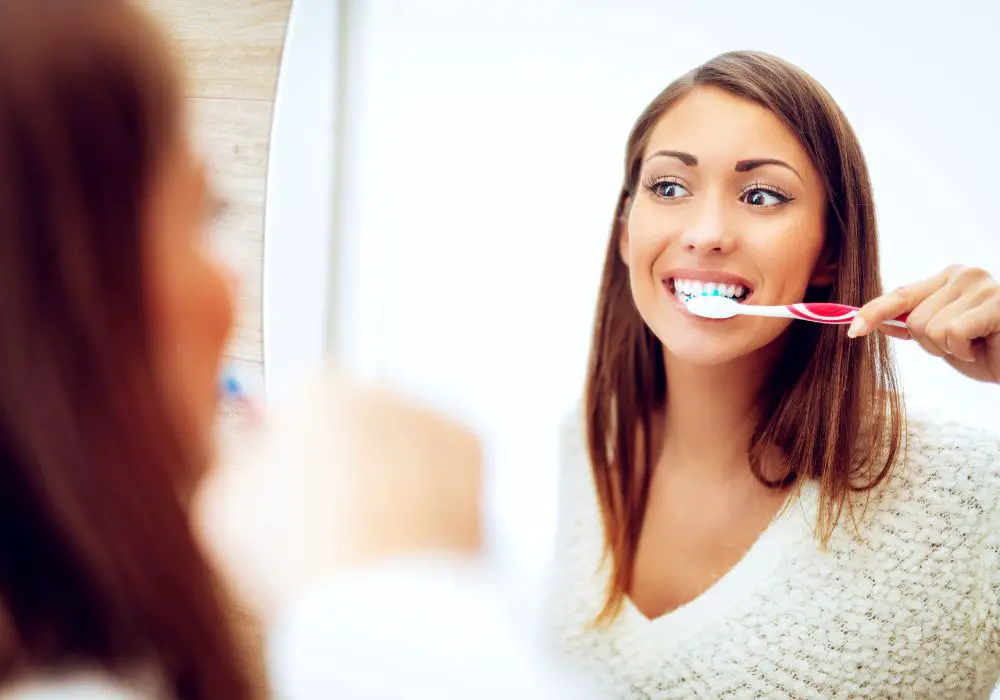
The good news is that any tingling, numbness, or odd sensations in your lips after brushing are temporary and short-lived. Here’s a general timeline of how long it usually lasts:
- Immediately after brushing – Your lips will likely feel the weirdest right after you finish brushing and rinsing. This initial irritation generally lasts around 5-10 minutes.
- 30 minutes post-brushing – Any numbness, swelling, or unusual feelings should begin subsiding within half an hour following brushing. The worst is over.
- 1 hour post-brushing – Your lips should feel noticeably better within an hour of brushing and return to their normal sensation.
- Next morning – When you wake up the morning after brushing, your lips should feel back to normal.
If the weird lip feeling hasn’t gone away after an hour or so, you’ll want to take a closer look at your toothpaste, brushing technique, and oral health. Seek medical advice if problems persist day after day.
When to Call the Doctor About Lip Numbness
You should call your physician or dentist right away if you experience:
- Difficulty moving your lips normally
- Visible swelling of the lips, mouth, or face
- Hives, itching, rash, or blisters around the mouth
- Worsening or spreading numbness
- Severe pain, tingling, burning, or discomfort
- Numbness combined with other symptoms like dizziness or trouble breathing
These can be signs of a severe allergic reaction, infection, or nerve injury requiring prompt medical care. Don’t hesitate to call for help if symptoms are severe or concern you.
Frequently Asked Questions About Numb Lips After Brushing
Why do my lips feel so dry and cracked after I brush my teeth?
If your lips tend to be dry and cracked, the abrasive act of brushing can worsen these issues. Cracked lips are more prone to irritation and inflammation from toothpaste ingredients. Apply moisturizing balm before and after brushing to hydrate and protect your lips.
Is it normal for my lips to tingle for a few hours after brushing?
A tingling or numb sensation that persists for hours after brushing is not normal. This likely signals an allergic reaction or irritation from your toothpaste. Try changing to a gentler brand. See your doctor if it’s an ongoing problem.
What makes my bottom lip swell up when I brush my teeth?
Aggressive brushing directly on your bottom lip can over-irritate the delicate tissue, causing temporary swelling. Try to brush your teeth gently without scrubbing your lips. Seek medical care if swelling seems severe or gets worse.
Why do my lips go numb randomly as I’m brushing?
Mild, occasional lip numbness can occur when toothpaste containing irritants like SLS or menthol directly contacts your lips mid-brush. Try your best to avoid getting toothpaste foam directly on your lip skin while brushing.
Is it ok if my lips feel sunburned after I brush at night?
That sunburned feeling likely means your lips have become irritated during brushing. Adjustments like rinsing thoroughly, brushing more gently, and using a gentler toothpaste can help prevent this burn.
The Takeaway
Experiencing a minor tingling, numb, or “weird” feeling in your lips occasionally after brushing is normal and not concerning for most people. Bothersome as it may be, it’s usually just caused by basic toothpaste ingredients irritating the sensitive lip skin.
With some simple tweaks to your oral hygiene routine like using moisturizing balm, you can typically brush without irritating your lips. But see your dentist or doctor promptly if you have severe numbness or swelling that persists or worsens.

